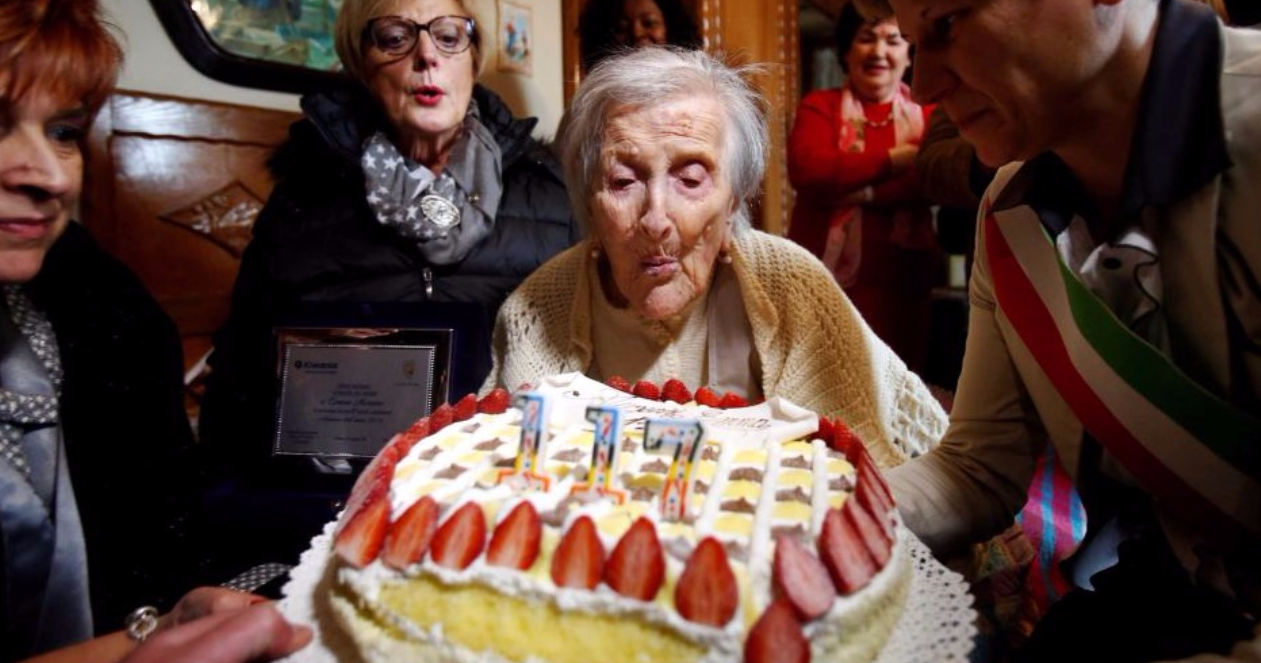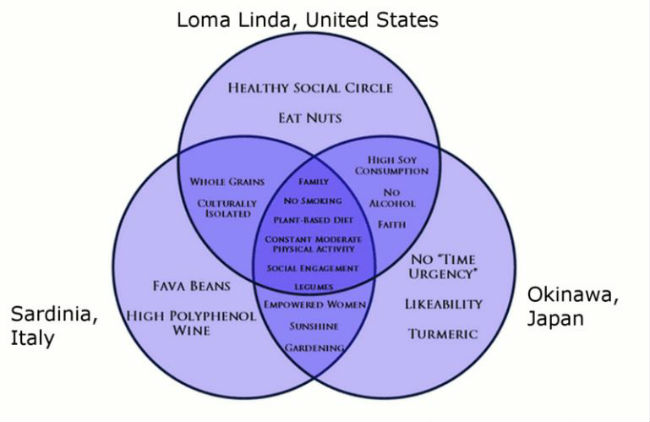If you live an average life, the longest you should expect is to live in America is until you're 76 if you're a man, or 81 if you're a woman.

That's nothing to sneeze at, but there are lots of countries where people live even longer. Our neighbors in Canada are expected to survive until they're 80 or 84, and in Japan a woman's life expectancy is a stunning 86 years old.
Still, some people manage to outlive even our wildest expectations, and they have some helpful advice about how you can do the same. Richard Overton, the cigar-chomping 111-year-old military veteran, still indulges in his favorite vices and credits his faith in God with keeping him young at heart.
Florence Bearse, a 100-year-old from Bangor, Maine, has similar advice. She already knows what doctors are starting to tell us, that a glass of red wine each day keeps your body and mind young. Florence is living proof, because she's still the life of the party.
If you want advice that's a little more concrete, researchers believe they've already found the common thread linking the world's oldest people. They're called Blue Zones, and even if you don't live in one of these special areas, you can copy the lifestyle that makes them so healthy to keep enjoying life well into your 90s.
So how do they do it?
Experts say that roughly 25% of your health - including your life expectancy - is influenced by your genetics. That means your health is mostly in your hands.
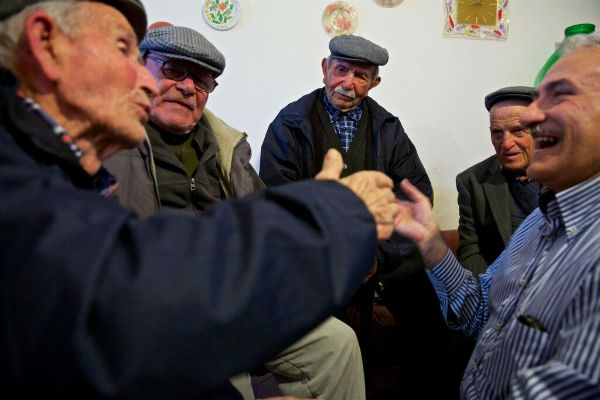
So if you want to celebrate your 100th birthday, start copying the people who live in the world's Blue Zones, places like Okinawa, Japan and the tiny Greek island of Ikaria. It's been dubbed "the Island that Death forgot," and 1 in 3 people living on it survive into their 90s.
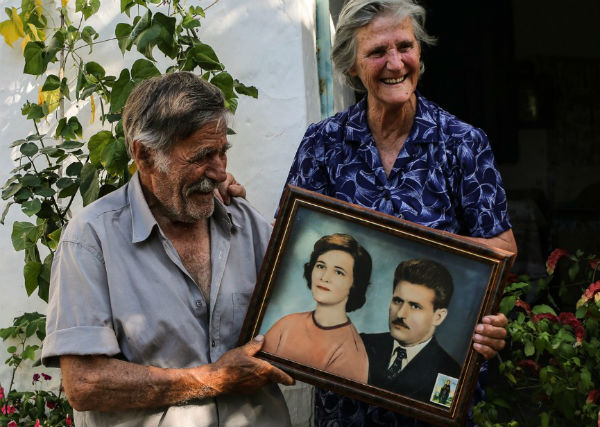
Plus, Ikarians develop cancer and heart disease at lower rates, and dementia is rare on the island. Trends like these are common in other Blue Zones, including Costa Rica's Nicoya Peninsula and Loma Linda, California, where a large group of Seventh-day Adventists live.
These areas have a number of things in common: residents smoke less, they interact with their family and community more often than most people, and they enjoy something like the Mediterranean diet. That includes protein, veggies, legumes (like beans) and red wine in moderation.
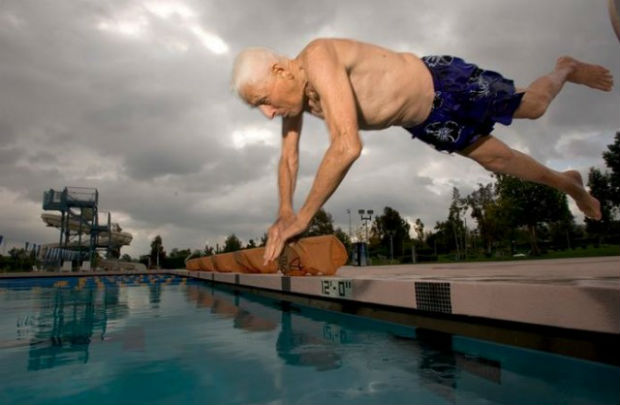
Blue Zone residents are also physically active (they usually walk instead of drive), eat smaller portion sizes, and usually describe themselves as religious or spiritual.
It makes sense. After all, if you live an active life surrounded by family, friends and good food, who wouldn't want to stick around for a few extra years?
Share this advice with someone you know!
